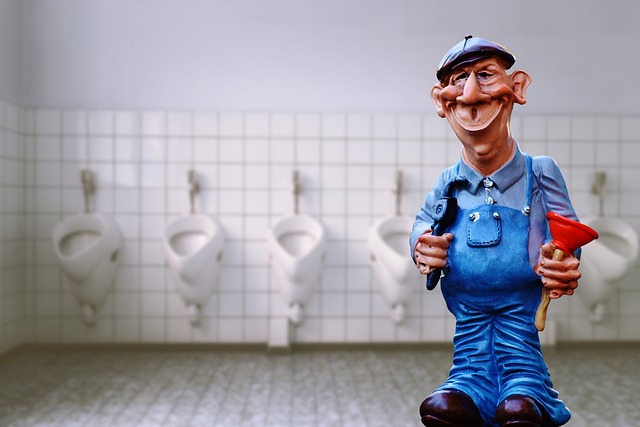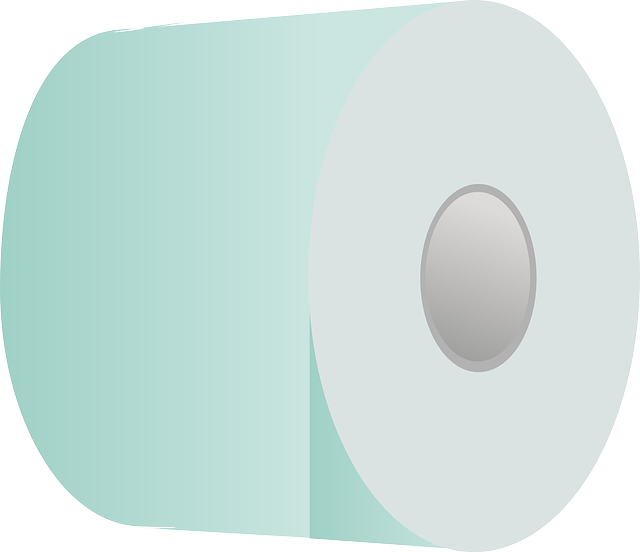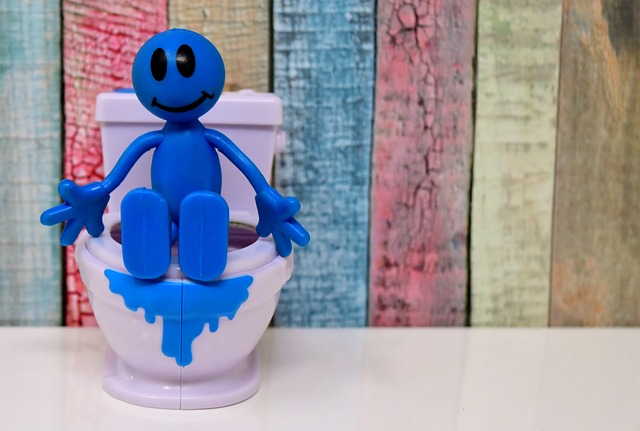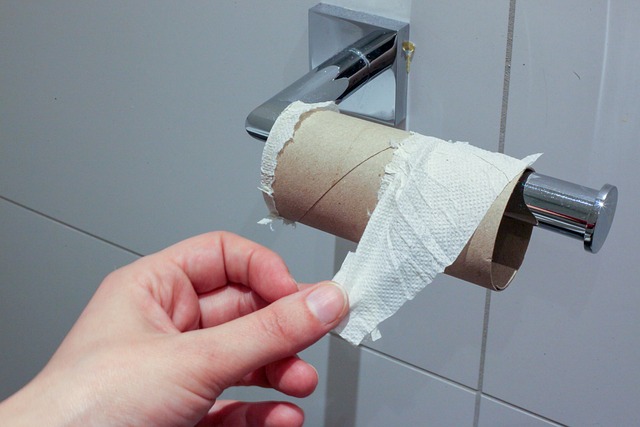Before attempting to unclog a toilet, thoroughly assess the situation: observe water levels, drain movement, and unusual odours or frequent clogs. Identify the type of clog—whether immediate (caused by foreign objects, roots) or gradual (grease, hair buildup)—to decide whether to use DIY methods like plungers and chemical cleaners or seek professional assistance for severe blockages. Understanding common causes like non-biodegradable items and grease is crucial in choosing between quick fixes or professional help for How to Unclog a Toilet.
Are you facing a toilet clog that’s causing frustration? Learn how to tell if it’s a quick fix or a major problem. This guide breaks down the signs, common causes, and best DIY unclogging methods using simple tools and supplies. Discover when it’s time to call a professional for expert plumbing help. Mastering these steps ensures you’re equipped to handle minor clogs while knowing when to trust the pros with more complex issues.
- Assessing the Clogged Toilet Situation
- – Recognizing immediate vs. gradual clogs
- – Understanding common causes of toilet clogs
Assessing the Clogged Toilet Situation

When faced with a clogged toilet, many homeowners might consider it a minor inconvenience and attempt a quick fix themselves. However, assessing the situation is crucial before diving into DIY solutions. Understanding whether the clog is simple or complex is key to deciding if a professional’s intervention is required.
Observing the water level and drain movement can provide valuable insights. If water levels remain high and refuse to decrease despite flushing, it might indicate a partial blockage. Conversely, if there’s little to no water movement in the drain, suggesting a complete clog, a more extensive issue may be at play. Additionally, paying attention to odours and the frequency of clogs can help differentiate between minor irritations and major problems. How to unclog a toilet effectively depends on accurately identifying the nature of the obstruction, which is the first step in determining whether professional assistance is your best option.
– Recognizing immediate vs. gradual clogs

When it comes to toilet clogs, identifying the type can be crucial in deciding whether to attempt a DIY how to unclog a toilet solution or call in a professional. Immediate clogs, characterized by sudden and severe blockages that stop water from flushing altogether, often signal a more serious issue. This could be due to foreign objects like toys, sanitary products, or even tree roots intruding into the pipes. On the other hand, gradual clogs may seem less urgent but can indicate a build-up of substances like grease, hair, or toilet paper, which are usually easier to address.
Paying attention to these differences is key to determining whether you can handle the how to unclog a toilet process yourself with household products and tools or if it’s time to seek expert assistance. Gradual clogs might be manageable with regular maintenance and preventive measures, while immediate blockages often require specialized equipment and expertise to avoid further damage or complications.
– Understanding common causes of toilet clogs

Toilet clogs are a common household issue, but understanding their causes can help homeowners decide if it’s a quick fix or a major problem that requires professional assistance. The most typical culprits behind clogs include flushing inappropriate items down the drain, such as sanitary products, wipes, and paper towels. These items don’t break down easily like toilet paper does and can build up in the pipes over time.
Another frequent cause is a buildup of grease and soap scum from household chemicals or improper waste disposal. Even small objects like hair or toys can create clogs if they get caught in the plumbing. While some minor clogs may be addressed using common methods like a plunger or chemical cleaners, persistent or severe blockages might indicate a more significant issue within the pipes, requiring professional tools and expertise for effective unclogging.
When it comes to toilet clogs, knowing whether to call in a professional is crucial. By understanding the difference between immediate and gradual blockages, as well as common causes like foreign objects or tree roots infiltrating pipes, you can make an informed decision. While some quick-fix methods may work for minor obstructions, heavy clogs often require expert intervention to prevent further damage. Remember, a professional plumber is equipped with specialized tools and knowledge to effectively unclog your toilet and restore smooth drainage, ensuring your plumbing system operates efficiently.
